
Tan Chong Motor Holdings Berhad employs a structured approach to embed sustainability principles into operations and decision-making. This entails assessing current practices, setting goals, implementing strategies, measuring progress and involving stakeholders. The aim is to align business activities with economic, environmental, and social sustainability objectives.
Sustainability Highlights
(As at 31 December 2023)

Our Approach To Sustainability
9 United Nations Sustainable Development Goals (“UNSDGs”)" Adopted by Tan Chong
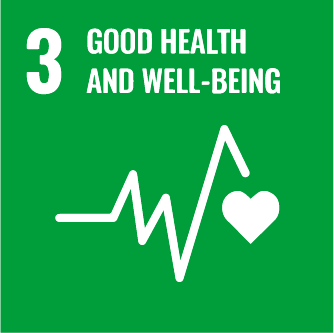
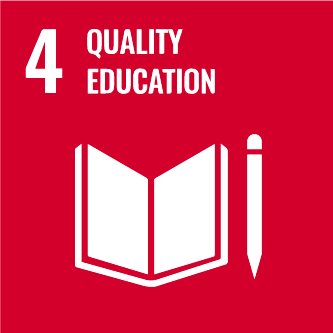
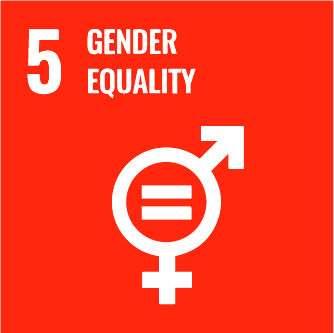
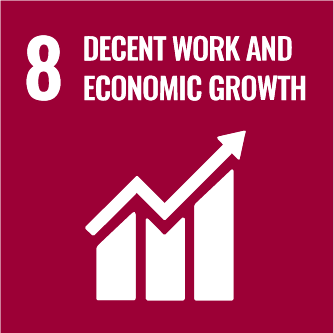
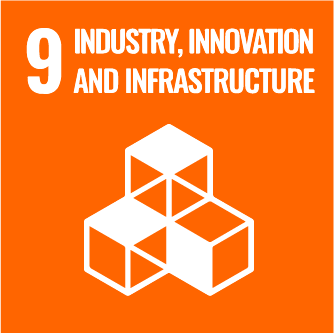
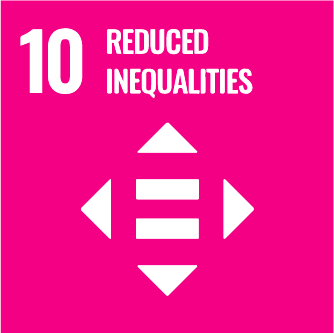
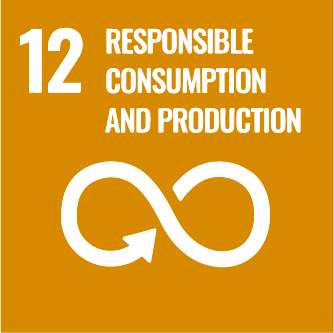
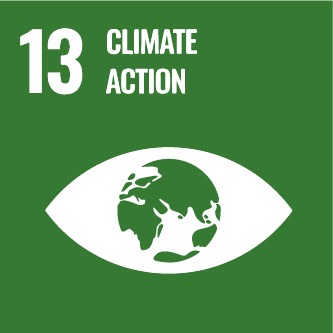
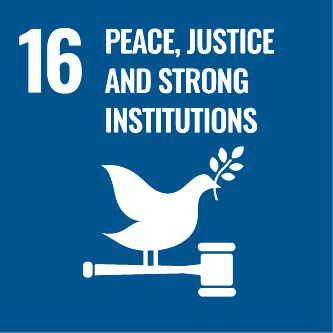
Our Purpose Statement

The Group is fully committed to the responsibility of ensuring and providing solutions to facilitate social progress, environmental equilibrium and economic growth through a strong governance structure. Sustainability is an integral part of our DNA and our stance towards the development of sustainable solutions has never wavered. We will strive to realise our full potential in creating long-term value – both in profitability and sustainability for our stakeholders, across present and future generations, impacting positively the lives we come in contact with along the way.
The Group regards sustainability as fundamental towards creating long-term value to shareholders and other stakeholders. Ultimately, we accentuate on embracing robust EESG practices, which are aligned to the UNSDGs. TCMH’s Core Values (“TCFIMPeD”), which span across seven (7) focal areas, serve as the foundation of the Group’s Sustainability Framework. We remain vigilant in supporting our stakeholders’ interests in the greater community we serve.

Sustainability
Vision
To provide information about sustainability initiatives to help realise the goals of a sustainable organisation and society

Sustainability
Mission
To develop a sustainability roadmap, increase engagement with our stakeholders, improve on resource allocation through understanding of the EESG agenda and make proactive and continuous adjustments to our sustainability strategy.
Materiality Matters & Themes
Materiality Assessment
TCMH is cognisant of the fact that our material issues can directly or indirectly impact our ability to create long-term value for our stakeholders and at the same time, define our business strategy and decision making process.
Phase 1
Evaluating the current business environment and reporting landscape. Identifying current EESG issues that we can help to manage and mitigate.
Phase 2
Prioritisation of the material issues via materiality assessment (engaging internal and external stakeholders).
Phase 3
Validation, review and endorsement of the identified issues by Risk Management and Sustainability Committee, Board Risk Management and Sustainability Committee and the Board of Directors.
While we aim to conduct a comprehensive materiality assessment once every 3 years, we undertake an annual review of the relevance of our previously prioritised economic, environmental, social and governance impacts arising from our day-to-day activities.
A full scale materiality assessment was conducted in 2022 for both our key internal and external stakeholders to ensure that their interests and concerns were addressed in our business strategies.

Economic
EC1 Financial Stability and Revenue Growth
EC2 Optimum Assets Utilisation and Capital Allocation
EC3 Sustainable Productivity
EC4 Succession Planning and Bench Strength
EC5 Convenient After-Sales Service
EC6 Customer Outreach
EC7 Automation and Digitalisation
EC8Innovation and Value-Added Services
Environmental
EN1 Environmental Compliance and Regulation
EN2 Emissions, Waste and Effluent Management
Social
S1 Community Engagement and Empowerment
S2 Diversity and Inclusiveness
S3 Human Rights
S4 Talent Development and Retention
S5 Employees’ Safety and Well-Being
Governance
G1 Information Security
G2 Good Corporate Governance
G3 Supply Chain Management
Based on feedback gathered from stakeholders, the Group has categorised the priority for material matters into 3 levels, which are elaborated below:
Level 1
Strong emphasis and focus on the materiality approach to closely align with the Group’s Enterprise Risk Management and business strategy, aiming to attain desired outcomes for all stakeholders.
Level 2
Close monitoring and continuous efforts are deployed to drive process improvement towards achieving the desired results. Demonstrate a proactive approach to risk management, climate action, social and governance issues and long-term strategy.
Level 3
Develop a long-term plan and prioritise to address every conceivable EESG issue and managing the impacts through risk mitigation and maximising opportunities.
TCMH's 6 Sustainability Material Themes
Innovation And Digitalisation
Technology adoption to improve efficiency, speed and quality in service and product delivery, innovation in enhancing connection witth customers.
A Green Future
Committed to environmental sustainability matters in every market we operate in.
Employees’ Safety And Well-Being
To ensure the safety and well-being (physical and mental) of all employees.
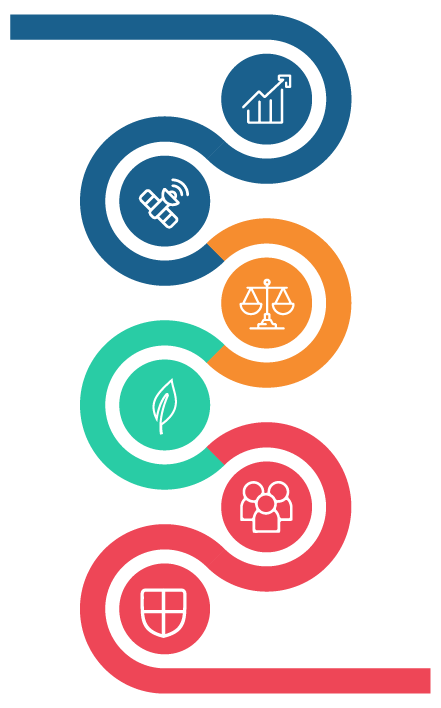
Long-Term Value Creation
Mapping out long term strategic direction to realise the Group’s long term sustainability on assets through optimal resource allocation.
Governance Responsibilities
To achieve business objectives while maintaining ethical standing and comply with best practises in corporate governance in the eyes of shareholders, regulators and the wider community.
The Human Connection
We connect with the surrounding communities through social engagement and aim to empower, and strengthen them via a pertinent Corporate Social Responsibilities activities.
Level
Ranking By Importance
Material Matters
Description
- 1
- G1 (9.4)
Information Security
Protection of all data, information and intellectual property against cybersecurity breaches.
- 1
- S5 (9.3)
Employees’ Safety and Well-Being
Providing for the health, safety and well-being of our employees in ways that address key challenges and bring positive development to their livelihood in the workplace. It covers all aspects of working life, from the quality and safety of the physical environment, to how workers feel about their work and their workplace environment.
- 1
- G2 (9.2)
Good Corporate Governance
Upholding good Corporate Governance practices.
- 1
- G3 (9.2)
Supply Chain Management
Consideration of EESG factors across supply chain management and processes.
- 1
- EN2* (8.9)
Emissions, Waste and Effluent Management
Aspiring towards the circular economy within our operations, supply chain waste management and reducing CO2 footprint.
- 1
- S3* (8.9)
Human Rights
Adherence to human rights standards across all operations.
* The sustainability matters EN2 and S3 were reclassified to Level 1 of the material priority ranking due to their considerable environmental and social impacts to the organisation and stakeholders.
Long-Term Value Creation
Financial Stability and Revenue Growth
We continuously map out long-term strategic directions in ensuring we deliver growth in revenue and achieving financial sustainability
Optimum Assets Utilisation and Capital Allocation
Optimising assets utilisation and capital allocation to ensure optimal return on investment
Innovation, Automation and Digitalisation
Responding to the needs to innovate in meeting market needs and improve business efficiency through automation and digitalisation for business continuity
A Green
Future
Climate Change
We will proactively address climate-related challenges and strive towards being a greener and more sustainable organisation.
Waste Management
We focus on recycling, waste prevention and responsible disposal through our waste management system
Water Conservation
We conserve water by recycling and reusing it, optimizing processes and educating our employees
The Human Connection
Community Engagement and Empowerment
We volunteer our time and efforts for the betterment of the community
Fair and Equal Opportunity
Guided by our Human Resource Policies to ensure equal opportunity for all. We nurture, respect and listen to our employees and workers as we uphold Human and Labour Rights
Employee’s Safe and Healthy Workplace
We ensure a safe and healthy working environment for all employees through stringent safety measures
Governance Responsibilities
Good Corporate Governance
We practise good corporate governance to build trust, promote financial stability, enhance integrity and reputation, maintain transparency and accountability, all to achieve long-term business value and growth
Information Security
We implement a robust cybersecurity framework to protect information and systems, ensuring technology security, reducing vulnerabilities, and enhancing the resilience of TC businesses
Supply Chain Management
We adopt sustainability best practices to enhance our supply chain’s sustainability, resilience, and reliability, thereby protecting our organisation’s growth, profits, brand and reputation within the community
Sustainability Framework
“Driving Resilience” is aligned with our business strategy and guided by the Group’s core values where we defined our sustainability vision and mission. Through this framework, we aspire to meet the needs of our stakeholders, reduce our environmental impact as well as contribute positively towards the local communities where we operate in.
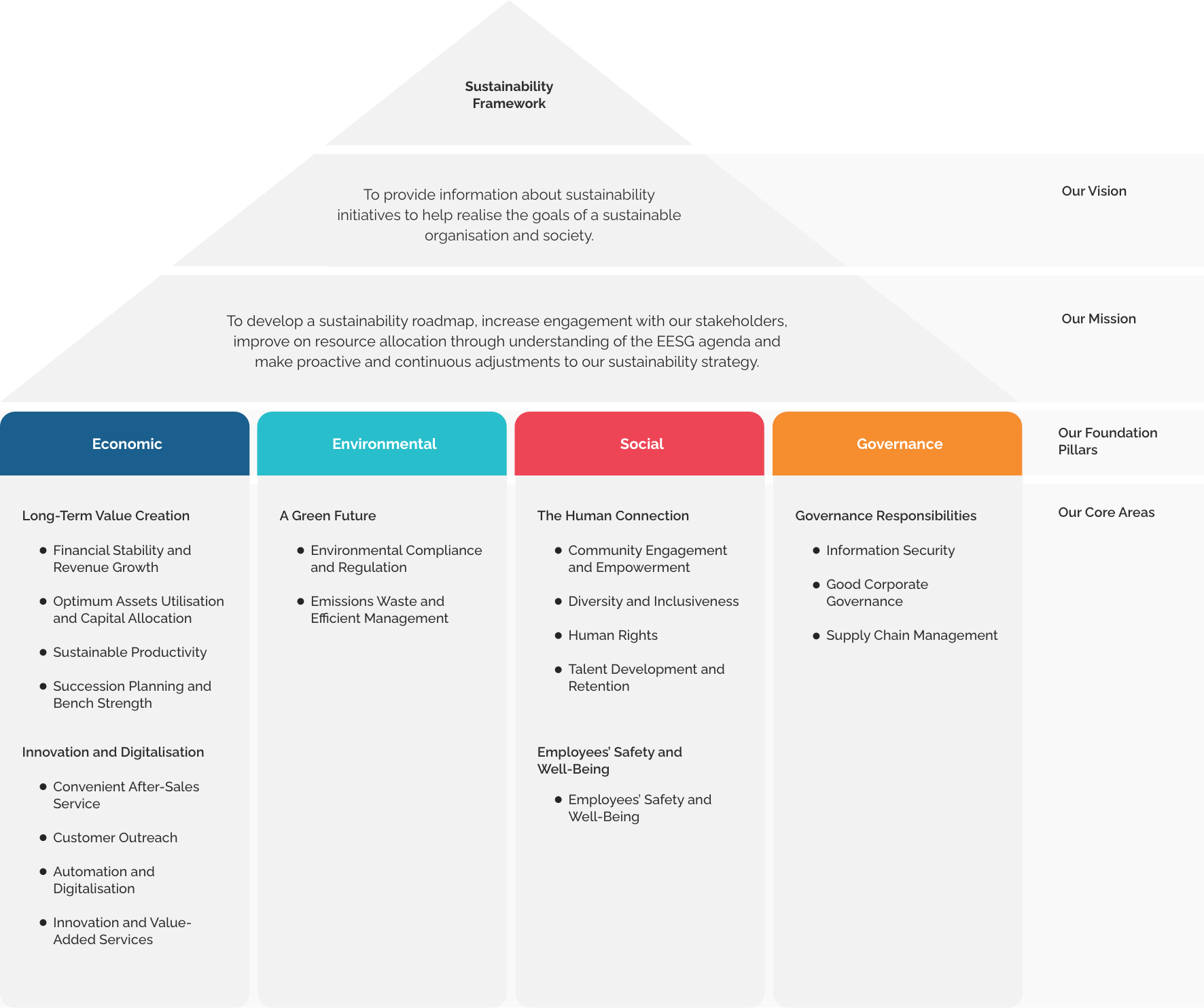
Performance KPIs and Scorecard
(As at 31 December 2023)
Material Matters
Indicator / Target
Target for 2023
Current progress against targets
- G1
Information Security
Cybersecurity awareness
Incident management on successful cyber-attack
100% of employees (identifies as computer users)
Zero successful attack impactng the business
- 100% (5,466 employees attended the cybersecurity awareness training)
- 1 case reported on a successful attack with no impact
- S5
Employees’ Safety and Well-Being
Training programmes on health awareness
Training programmes on financial literacy
At least 12 programmes
At least 6 programmes
- Conducted 14 health awareness programmes
- Conducted 7 financial literacy programmes
- G2
Good Corporate Governance
Severity Rate
Code Of Business Conduct and Ethics (“CBCE”)
Briefing to 3rd Party on Anti-Bribery Anti-Corruption (“ABAC”) Policy requirements and endorsement on the vendor integrity undertaking (“VIU”)
15% reduction in severity rate from previous year
100% acknowledgement by staff
100% attendance and endorsement by 3rd Party/Vendors
- Achieved 20% reduction in severity rate in 2023
- Achieved 100% acknowledgement by staff
- 93% of 3rd party/vendors have attended the ABAC briefing and acknowledged the VIU
- G3
Supply Chain Management
Supplier Performance Evaluation
100% completion of performance evaluation of at least 20 key suppliers
- Evaluated more than 20 key suppliers
- EN2
Information Security
Solar energy harnessed
Solar power generation of
1,141,380 kWh
- Total of 1,091,668 kWh solar energy harnessed
- S3
Human Rights
Total waste generated and recycled
Number of substantiated complaints concerning human rights violations
At least 12 programmes
At least 6 programmes
- Total waste diverted from disposal: 95% Total waste directed to disposal: 5%
- Zero case substantiated complaints concerning human rights violations
- Target achievement: > 90%
- Target achievement: 50% to 90%
- Target achievement: < 50%